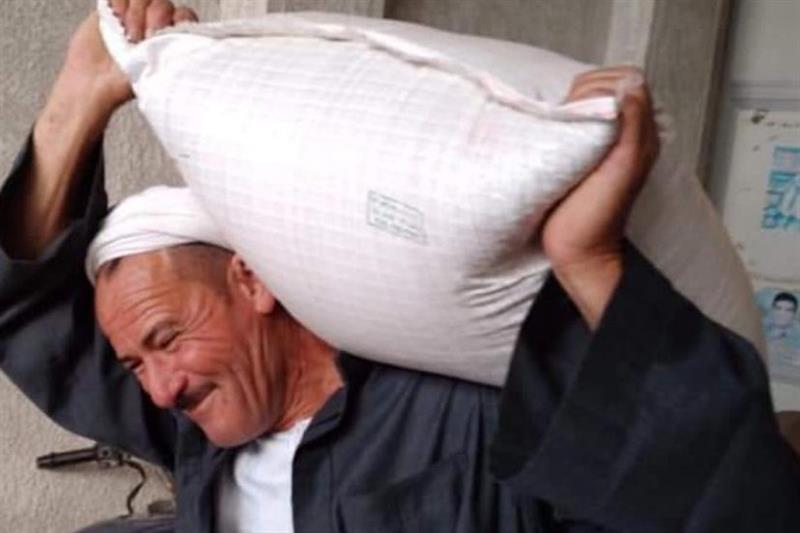Smartcards for farmers
The Ministry of Agriculture is preparing to roll out smartcards for farmers across the country after their partial introduction in several governorates in a move that is being hailed as transforming the traditional agricultural system in Egypt.
The smartcards are part of ministry plans to digitise the services it offers to farmers, among them help in selling crops and accessing fertilisers.
Registered farmers will be able to access fertiliser quotas for their land using the smartcards along with other materials including pesticides and seeds. The system will help those who need it, liberalise the fertiliser market, and prevent the development of a black market.
Hussein Abu Saddam, head of the Farmers Syndicate, praised the new system, saying that it would bring major benefits to Egypt’s farmers. The new plastic cards cannot be easily damaged, are easy to carry, and difficult to falsify, he told Al-Ahram Weekly.
Data related to land ownership including area and types of crops are loaded on the card by the Agriculture Ministry.
Amer Al-Shorbagi, a member of parliament’s Agriculture Committee, said that the new cards would end corruption in the distribution of fertilisers. “The old paper system focused on organising the distribution of fertilisers, whereas the new one also covers loans and all kinds of government aid to farmers. Data on pensions and insurance will soon be added to the cards as well,” he told the Weekly.
The idea of a smartcard for farmers is an old one, but it has only recently been introduced, director of the project Mohamed Youssef told the Weekly. The project began in November 2016 through a contract signed between the ministries of agriculture and military production.
“The project saw a two-year period of preliminary work before its first concrete results in 2019. More developments are still in progress,” Youssef said.
To ensure the proper application of the system, the roll-out will be supervised by three main bodies, the Ministry of Agriculture, agricultural associations, and the Agricultural Bank of Egypt. Companies affiliated to the Ministry of Military Production are responsible for manufacturing and issuing the cards, Al-Shorbagi said.
“So far, 3.5 million cards out of the planned five million have been made, and 1.8 million farmers have received their smartcards. Distributing all the cards is expected to be complete within two months,” he added.
“At the committee’s next meeting I will propose sending the remaining cards to farmers by delivery companies in order to speed up the process,” he said.
Registering all of Egypt’s farmers on the new system is not the only challenge facing the project.
Some farmers are reluctant to use it as they do not understand its benefits, an obstacle the Ministry of Agriculture is working on by organising training campaigns for farmers in agricultural associations, Abu Saddam said.
Another challenge is that the new system is dependent on technology, and many employees lack experience in this, Youssef said.
“We trained the employees working in the ministry’s different departments and the agricultural associations before starting using the new system,” he told the Weekly.
“There are 5,701 agricultural associations in Egypt, and so far we have completed the training of 8,100 employees on the use of the new cards,” he added.
Al-Shorbagi told the Weekly that complexity of land inheritance and dealing with tenants rather than landowners had slowed the introduction of the new system.
“The heirs of a piece of land must choose one of them to get a new card. Otherwise, they will not be getting the card’s benefits,” he said.
“The new system requires the owner to obtain the card and not the tenant. But in many cases the latter is the one who takes care of the land and not the owner, so I will suggest that partial possession cards be given to tenants so they can get fertilisers on time,” he concluded.

